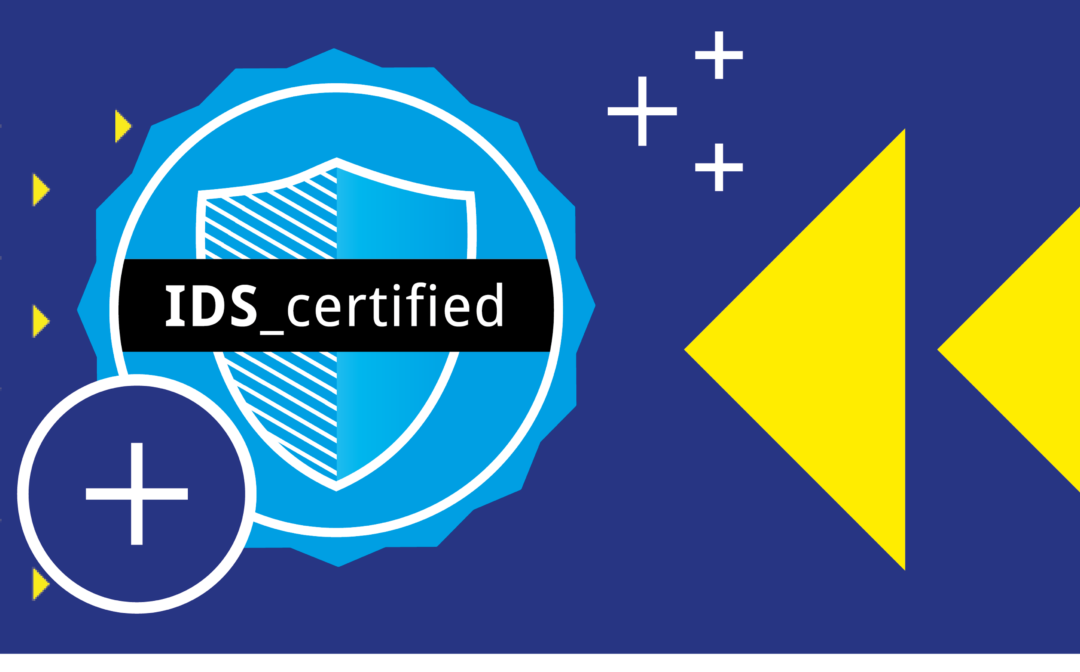This publication details the specification path of the Dataspace Protocol, a significant step towards standardizing data space interoperability.
Key takeaways
-
- Data Spaces: Digital environments designed for trusted data sharing and utilization, enabling efficient implementation of advanced services and solutions.
- International Standards: The publication underscores the critical role of international standards in providing organizations with the confidence to invest in new data space technologies.
- Dataspace Protocol (DSP): A standardized framework developed by IDSA to integrate key processes common to all data spaces, ensuring interoperability and trust.
- European Union’s Data Act: Set to enter into force in September 2025, this legislation will raise global standards for data flow and sovereignty.
- Standardization path of the Dataspace Protocol: The publication provides detailed steps of the standardization process and a status update
Strategic impact of the Dataspace Protocol
The Dataspace Protocol is poised to revolutionize data sharing, much like the Internet Protocol (IP) and GSM standards did for the internet and mobile communications. The IDSA’s efforts in standardizing this protocol aim to unlock new opportunities for collaboration and innovation across various sectors.
The publication details the standardization path for the Dataspace Protocol, moving through development by the IDSA Working Group Architecture, handling by the Eclipse Dataspace Working Group, and final standardization by the ISO/IEC Joint Technical Committee 1.
This is a milestone in the journey towards a data-driven future, where data sharing is based on trust and data sovereignty. The IDSA’s commitment to international standardization sets the stage for a new era of data management and innovation.








